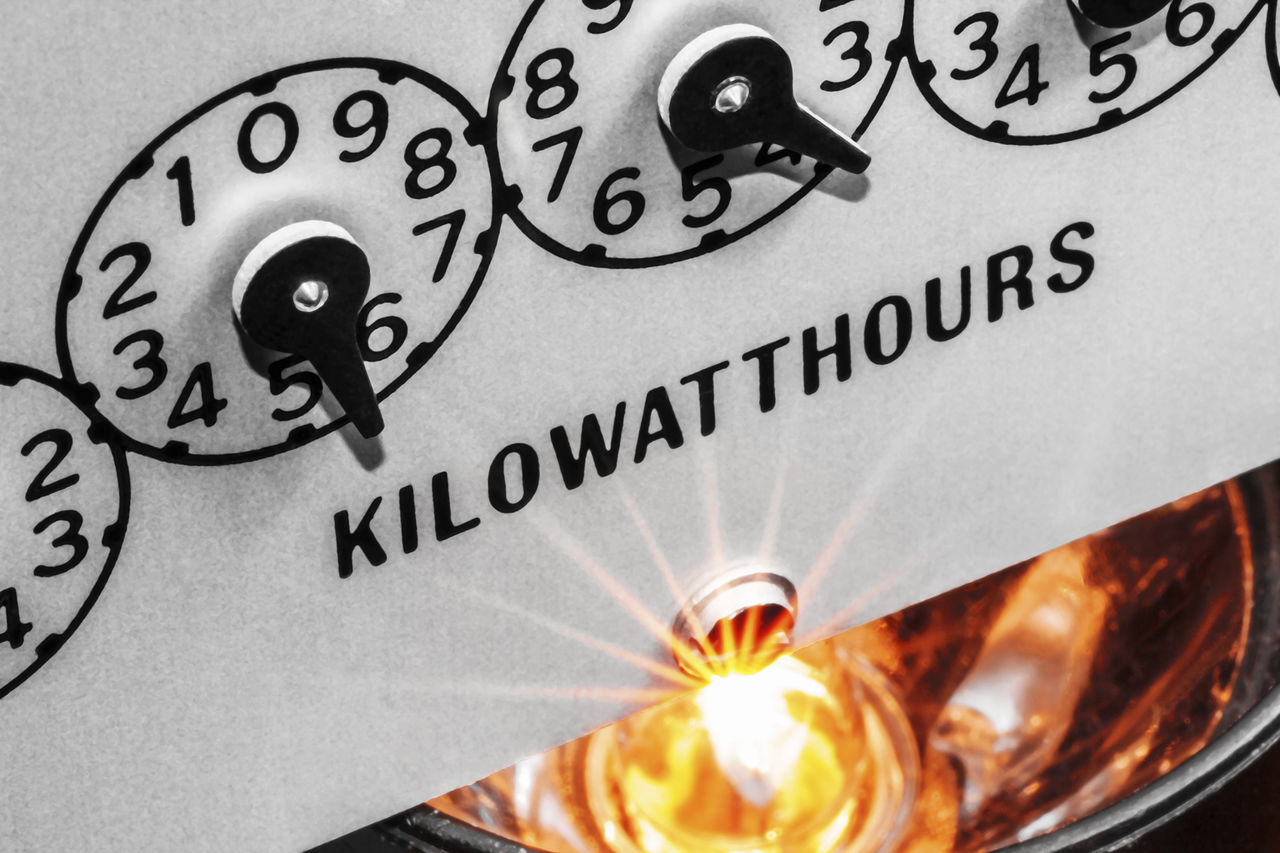AARP delivers major legislative wins for Nebraskans 50+
The first session of the 107th Nebraska Legislature adjourned sine die on May 27, 2021. While it was an unusual session due to the COVID-19 restrictions, AARP Nebraska staff, volunteers, and members continued to be vocal advocates on behalf of older Nebraskans. This included submitting testimony on more than 30 bills and through innumerable phone calls and emails to Senators in support of priority legislation.
During the 90-day session, lawmakers introduced a total of 684 bills, designating 104 of them as priority pieces of legislation. In total, 200 bills passed this session; Governor Pete Ricketts signed 197 bills into law, and the Legislature voted three more into law over his objection. This was the first year of the two-year biennium, so remaining bills will be carried over to the 2022 session.
Because of the advocacy work of AARP Nebraska members and volunteers, it was an extremely successful legislative session for issues important to Nebraskans age 50-plus. Below is a summary of the AARP Nebraska supported bills that successfully passed the 2021 Nebraska Legislature.

TAXATION AND FINANCIAL SECURITY
- LB64, changes provisions relating to the taxation of social security benefits. LB64 phases out the income tax on social security income over a ten year period. LB64 sets the exemption on such income, to the extent that it is included in federal adjusted gross income, at 5 percent in tax year 2021. The exemption will increase to 20 percent in 2022 and then rise 10 percent per year until reaching 50 percent in tax year 2025. The bill states legislative intent to continue incremental reduction of the tax — reaching 100 percent exemption in tax year 2030 — but passage of new legislation will be required to complete the process. AARP Nebraska’s testimony on this bill is available HERE.

DIGITAL DIVIDE; ACCESS TO BROADBAND
- LB388, adopts the Nebraska Broadband Bridge Act. LB388 provides $20 million in grants annually (currently for two years) to be administered by the Public Service Commission (PSC) to increase access to high speed broadband across the state. Areas eligible to receive the grants are prioritized by: 1. Unserved areas that have not been targeted for a project, 2. Underserved areas that are receiving federal support for construction that will not be completed within twenty-four months, and 3. Underserved areas that have developed a broadband and digital inclusion plan. Recipients of the grants must provide broadband speeds of 100 Mbps/100 Mbps or greater and must complete the project within 18 months. AARP Nebraska’s testimony on the bill is available HERE

FINANCIAL RESILIENCE; ELDER FINANCIAL ABUSE
- LB297, adopts the Nebraska Protection of Vulnerable Adults from Financial Exploitation Act. LB297 would authorize broker-dealers and investment advisors to place a hold, for up to 30 business days, on transactions and distributions in cases of suspected financial exploitation of vulnerable adults or senior adults. The bill requires broker-dealers and investment advisers to notify the Adult Protective Services Division of the state Department of Health and Human Services and the state Department of Banking and Finance within two business days in order to delay a transaction and conduct an internal review. AARP Nebraska’s testimony on this bill is available HERE.

FOOD INSECURITY
- LB108, changes provisions relating to the Supplemental Nutrition Assistance Program (SNAP). LB108 increases the gross income eligibility from 135% to 165% of the federal poverty guidelines to qualify for SNAP benefits. The increase will sunset in 2023 when the Farm Bill is set to be reauthorized at the federal level. Testimony from AARP Nebraska is available HERE

AFFORDABLE UTILITES
- LB306, provides eligibility requirements for the low income home energy assistance program (LIHEAP). LB306 increases the household total annual income from 135% to 150% of the federal poverty level (FPL) in determining eligibility for the program. The bill also requires the Nebraska Department of Health and Human Services (DHHS) to annually allocate at least 10% of the available LIHEAP funds to weatherization assistance for eligible households. AARP Nebraska’s testimony on this bill is available HERE

CAREGIVING/LONG TERM SERVICES AND SUPPORTS
LB14, adopts the Audiology and Speech Language Pathology Interstate Compact. LB14 creates a multistate license for Audiologists and Speech Language Pathologists. Under the compact, individuals licensed in a member state may practice in any other member state without having to obtain a separate license; allowing all Nebraskans, no matter where they reside, the ability to have immediate access audiology and speed language pathology services. The bill also allows for the use of telehealth technology to facilitate increased access to audiology and speech language pathology services. The compact has been enacted by 13 states, including Nebraska. The Compact Commission will convene to establish rules and bylaws. AARP Nebraska’s testimony on the bill is available HERE
- LB101, changes the date for addition of long term care services and supports under the Medicaid managed care program. LB101 extends the requirement that the Nebraska Department of Health and Human Services cannot add long-term care services and supports (includes skilled nursing facilities, nursing facilities, assisted living facilities, and home and community based services) to the Medicaid Managed Care programs until July 1, 2023. AARP Nebraska’s testimony on the bill is available HERE
- LB260, changes provisions relating to good cause for voluntarily leaving employment under the Employment Security Law. LB260 expands the list of “good cause” reasons to leave employment voluntarily to include caring for a family member with a serious health condition. The bill allows workers to be eligible for unemployment benefits if they voluntarily leave employment to care for a family member but are seeking to return to employment and meet all other existing requirements. AARP Nebraska’s testimony on the bill is available HERE
- LB400, changes requirements related to coverage of telehealth by insurers and Medicaid. LB400 allows some established patients to receive audio-only telehealth for individual behavioral health services originating from any location. The bill allows a patient to provide verbal consent during an initial telehealth visit. Previously, Nebraskans were required to give written consent to receive telehealth services prior to those services being provided. AARP Nebraska’s testimony on the bill is available HERE
- LB421 (amended into LB380), appropriates funds for qualified educational debt under the Rural Health Systems and Professional Incentive Act. LB42 appropriates $3M from the general fund in FY2020-21 and FY2022-23 for student loan repayment of eligible health professionals under the Rural Health Systems and Professional Incentive Act. AARP Nebraska’s testimony on the bill is available HERE

LIVABLE COMMUNITIES; HOUSING
- LB44, changes the requirements for adoption of an affordable housing action plan. LB44 allows cities to adopt and incorporate affordable housing action plans, required under the Municipal Density and Missing Middle Housing Act passed in 2020, into their existing comprehensive development plans required under state law. Cities must still meet the deadline to adopt the action plans set in the Act, which is January 1, 2023 for cities of 50,000 or more and January 1, 2024 for cities less than 50,000. AARP Nebraska’s testimony on the bill is available HERE

HEALTH SECURITY; PRESCRIPTION DRUGS
- LB337, adopts the Step-Therapy Reform Act. LB337 gives health care providers greater flexibility in prescribing treatment through reforming of step therapy; an insurance company practice in which a patient must fail a treatment selected by the insurance company before the plan will cover a treatment originally prescribed by the patient’s health care provider. The bill allows a provider to request a step therapy override exception and requires that the override be granted if all of the following apply: 1. a provider believes a drug prescribed under step therapy will be ineffective because of the drug’s characteristics or the patient’s experience with the drug; 2. a patient previously was prescribed a drug that was ineffective; 3. a patient successfully is being treated by a drug prescribed by his or her provider; and 4. a drug required under step therapy is contraindicated by the drug manufacturer’s prescribing information or the drug is likely to cause an adverse reaction, decrease a patient’s ability to perform daily activities or cause mental or physical harm to the patient. AARP Nebraska’s testimony on the bill is available HERE


